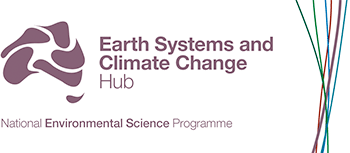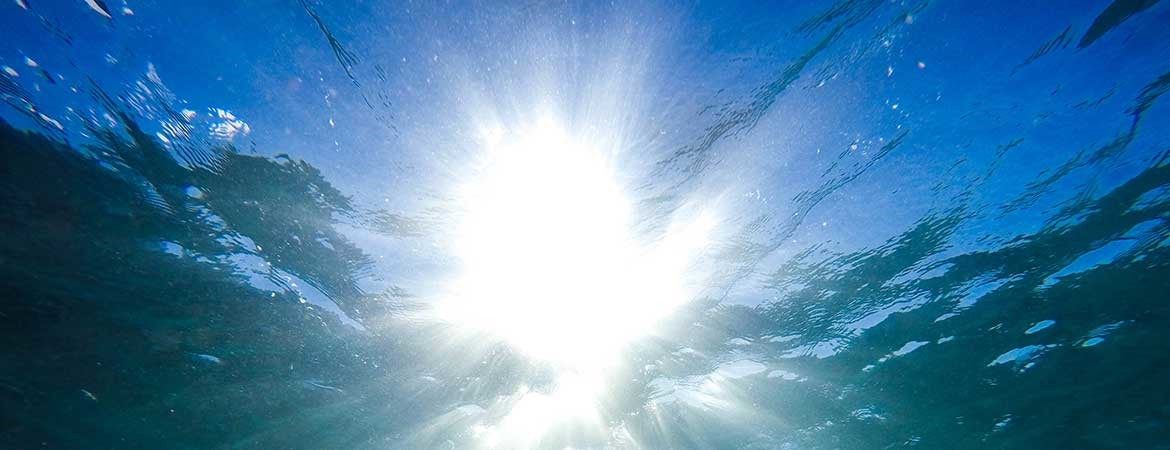20 March 2018, 2.30–3.30 pm (AEDT)
Overview
Ocean temperature extremes (OTEs), such as marine heatwaves, can cause devastating impacts to marine ecosystems, including new disease outbreaks in farmed shellfish, mortality of wild molluscs and out-of-range species observations. These impacts on the ecosystems are not only seen during an OTE event, but certain changes in the ecosystem due to OTE events can also persist after the event has dissipated.
While warm OTEs, such as marine heatwaves, are expected to increase in intensity and frequency under projected longer-term climate change, there is a need to also understand and predict OTEs and their relation to climate variability at relatively short time scales (multi-year to decadal). The ability to predict ocean temperature extremes will assist marine and aquaculture industries to better prepare for and manage these events.
Multi-year to decadal prediction of climate variability and extreme events is an important emerging field that primarily requires the successful development of climate prediction models. To usefully inform prediction studies, ‘potential predictability’ estimates can be beneficial to identify where OTEs may (i.e. have the potential to) be predictable, assuming we were to have a ‘perfect’ model.
In this webinar Dr Eva Cougnon will talk about her work analysing year-to-year sea surface temperature variability around Australia and trying to link the potentially predicable variability for these regions to potential climate drivers. This information will be useful to inform where future efforts might investigate the prediction and the ocean precursors of OTE events around Australia, with the help of climate prediction models.
Watch the webinar
About the presenter
Dr Eva Cougnon is a research associate in marine extremes at the Institute for Marine and Antarctic Studies in Hobart, Tasmania. Her research focuses on the potential predictability of ocean temperature extremes around Australia by understanding the ocean surface temperature variability and climate dynamics associated with these events. Eva’s research is funded by and contributes to ESCC Hub project 2.3: Towards an ACCESS decadal prediction system: Decadal scale predictability of ocean extremes.

